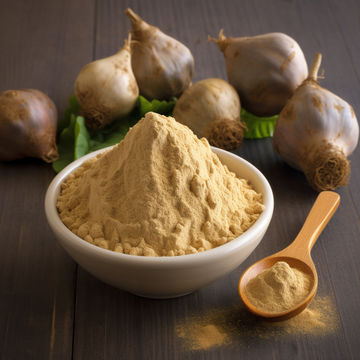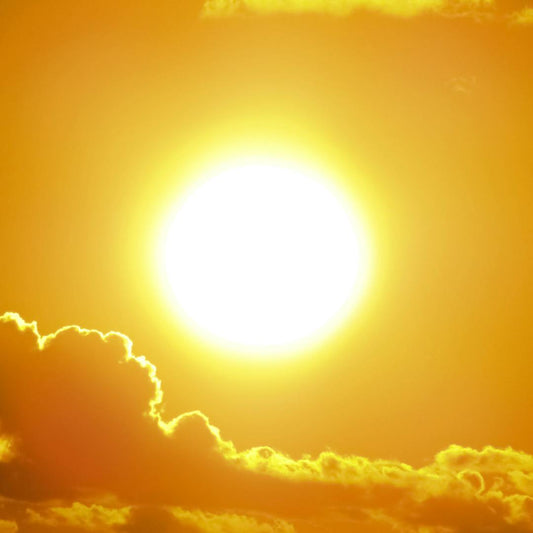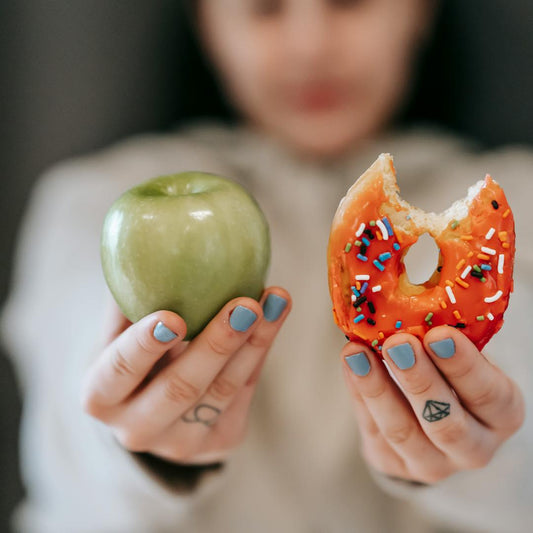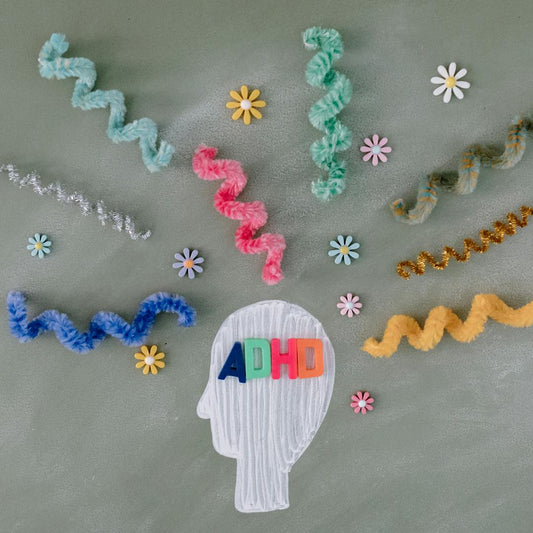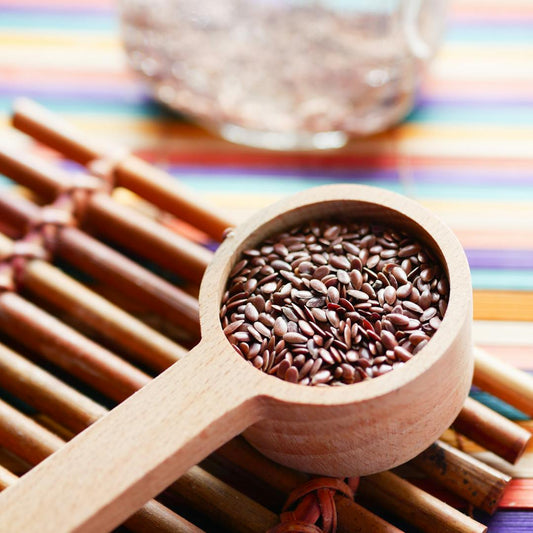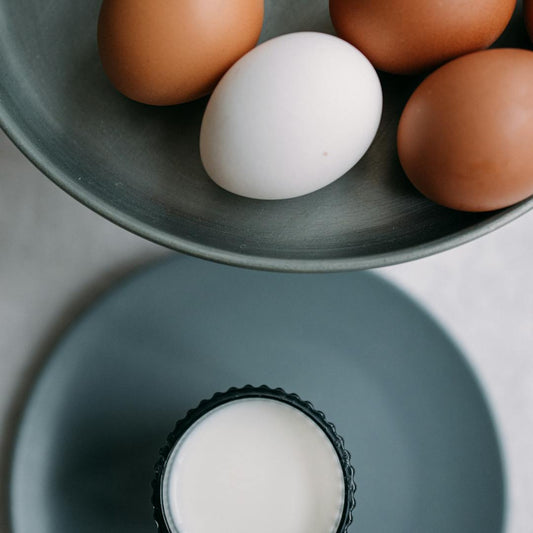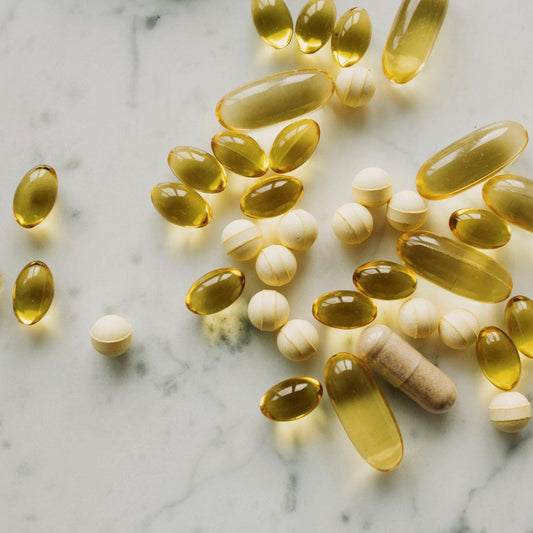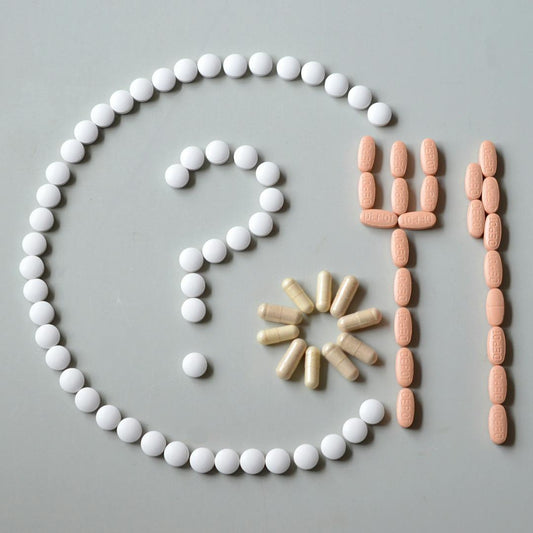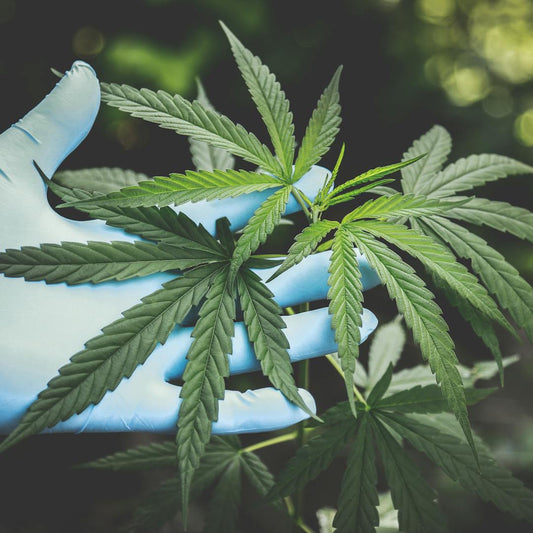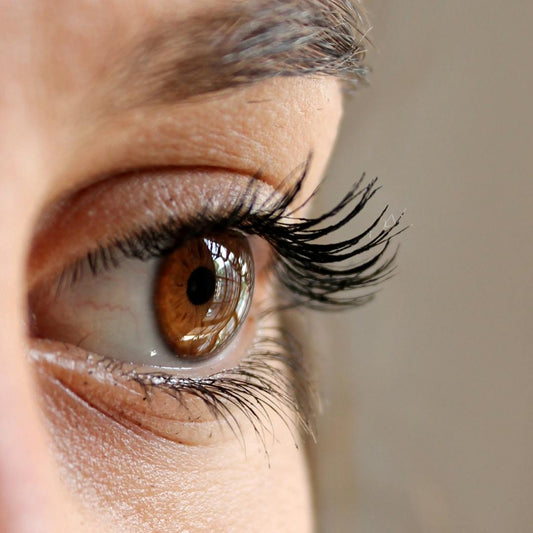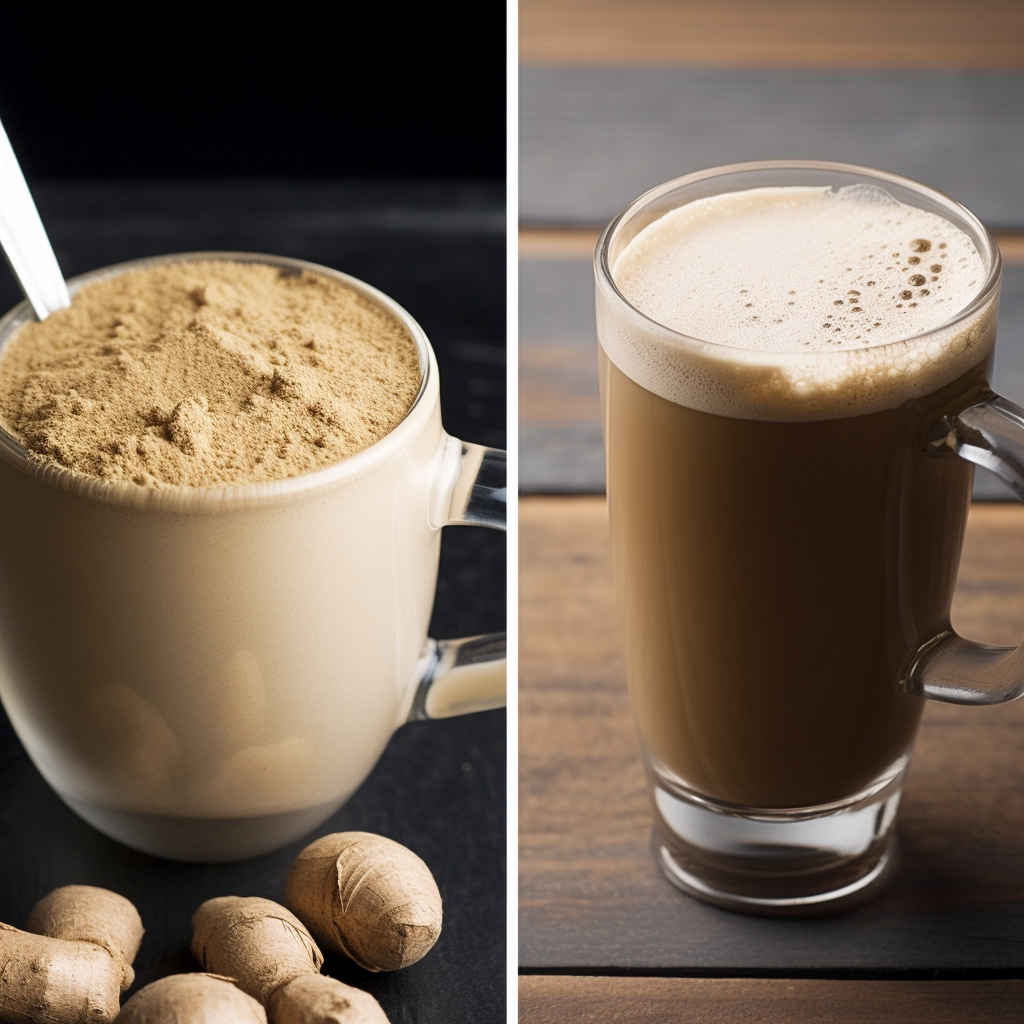
Maca vs Caffeine: Which is Right For You?
Maca vs Caffeine: Which is Right For You?
The quest for vitality, focus, and relentless energy in our fast-paced world often brings us to a crossroads: should you rely on maca vs caffeine?
The humble maca root was treasured by the Incan warriors for its energy-boosting prowess, and it’s still used today. Caffeine, on the other hand, is the world's most consumed stimulant and plays a key role in helping people conquer each day with energy and vigor.
Both make a compelling case for their spot in your arsenal, but if you had to choose one, which should it be? We’ll help you find out in this detailed comparison between the two.
But, what if we told you that you could harness the power of maca and caffeine together, delivering a symphony of energy, focus, and vitality, that's better than either could offer alone?
That’s where our maca caffeine supplement comes in. But before we talk about what a profound difference it can make in your life, we want to get you up to speed on what makes each of these a vital piece of the focus & energy puzzle. So, what’s the difference between maca and caffeine?
What’s the Difference Between Maca and Caffeine?
The difference between maca and caffeine starts right from their origins.
Maca is scientifically known as Lepidium meyenii. It’s a plant native to the Andes of Peru. Known as Peruvian ginseng, it's a cruciferous vegetable and one of the only known edible plants in the world able to grow in such high altitudes.
On the other hand, caffeine is a natural stimulant most commonly found in tea, coffee, and cacao plants. But we see a common question surrounding these two compounds and need to address it right now before going any further: is maca caffeine?
Is Maca Caffeine?
Let’s make one thing clear…is maca caffeine? Or, does maca have caffeine at least? No, maca is not caffeine. Although they are both renowned for their energy-boosting properties, they are distinct substances.
Maca is a nutrient-dense root that's rich in antioxidants and has adaptogenic properties, which help the body adapt to stress. Caffeine, on the other hand, is a psychoactive stimulant that blocks adenosine receptors in the brain, keeping you alert and awake.
Let’s progress this conversation and look at both of these individually before comparing and contrasting them.
What is Maca?
Maca is a plant native to Peru, cultivated as a root crop for its dense nutritional profile. It's rich in essential vitamins and minerals like Vitamin C, Copper, Iron, Potassium, and many others.
Maca is also an adaptogen, a natural substance that helps your body adapt to stress and promotes homeostasis, or balance.
Traditionally, maca has been used to enhance fertility and sex drive, boost energy and endurance, and improve mood and memory. It's also thought to have a beneficial effect on hormone balance, which is why it's often used for menopausal symptoms.
Now, let’s look at the other side of the coin: caffeine.
What is Caffeine?
Caffeine is a natural stimulant found in a variety of plants, including coffee beans, tea leaves, kola nuts, and cacao pods. It's the most commonly used psychoactive substance in the world.
Caffeine works by stimulating the central nervous system, enhancing focus and alertness, and delaying the onset of fatigue. It achieves this by blocking the action of adenosine, a neurotransmitter that promotes sleep and relaxation, thereby leading to increased arousal, vigilance, and reduced perception of fatigue.
However, the effects of caffeine can vary among individuals based on factors like genetic tolerance, liver metabolism, age, and even hormonal fluctuations. It's important to note that while caffeine can offer a quick boost of energy, overconsumption can lead to side effects like jitters, anxiety, and disrupted sleep.
The good news is that you can experience the magic of caffeine with none of the downside. One way to do this is to combine caffeine with other ingredients that mellow it out. We’ll talk about that a bit more later on. For now, let’s get to what brought you here in the first place: a side-by-side comparison of maca vs caffeine.
Maca vs Caffeine: Which Should You Add to Your Supplement Stack?
To determine whether to add maca or caffeine to your supplement stack, it’s vital to understand how each impacts various aspects of your wellbeing. Let's delve into their effects on energy levels, mood and cognitive function, physical performance, side effects, and cost.
Effect on Energy Levels
Caffeine is renowned for providing an immediate energy surge by stimulating the central nervous system and blocking the sleep-inducing neurotransmitter adenosine in the brain. This sudden spark, however, is often short-lived and may lead to a ‘crash’ later, leaving you feeling more fatigued than before.
On the other hand, maca works differently. Instead of a rapid energy jolt, maca provides a steady, gradual release of energy. Its richness in vitamins and minerals contributes to sustained energy production throughout the day, preventing the crash associated with caffeine.
So, it sort of depends on what you’re looking for here. If you need a fast jolt to the system, use caffeine. If you’ve got a long day ahead and need smooth, steady energy without a steep drop-off, maca may be the better choice.
Impact on Mood and Cognitive Function
Both maca and caffeine influence mood and cognitive function, albeit in different ways. Caffeine's cognitive benefits are primarily short-term, enhancing alertness, memory, and reaction times. Its mood-enhancing effects, however, can vary. For some people, caffeine may lead to increased anxiety, while others experience uplifted spirits.
Maca, with its high concentration of flavonoids, supports mood and brain function in a more balanced way. These potent antioxidants have been linked to improved mood. Furthermore, as an adaptogen, maca helps the body better handle stress, further supporting mental wellbeing.
Therefore, if you're looking for a natural supplement that improves mood and brain function without the risk of increased anxiety, maca could be your go-to.
Influence on Physical Performance and Recovery
In terms of physical performance, both maca and caffeine bring impressive benefits to the table. Caffeine is a popular pre-workout supplement, known to increase power output, reduce perceived exertion, and enhance endurance. However, its effects are predominantly during the workout phase and do not contribute to post-workout recovery.
Maca has a more rounded effect on physical performance. Not only can it enhance stamina and endurance, as proven by the ancient Inca warriors, but it also aids in muscle recovery, helping you get back to your routine quicker. Thus, if you're looking for a supplement that not only boosts your performance but also aids in recovery, maca has a clear advantage.
Side Effects: Maca vs Caffeine
When it comes to side effects, caffeine, although safe in moderate amounts, can cause insomnia, jitteriness, rapid heartbeat, and digestive issues in some individuals, especially those sensitive to it.
Maca is generally well-tolerated and rarely causes side effects when taken in moderate amounts. However, due to its potential effects on hormone balance, some individuals may experience minor hormonal changes.
So, if you're particularly sensitive to caffeine or worried about potential hormonal changes, it's recommended to consult with a healthcare professional before incorporating either into your supplement regimen.
Cost Analysis: Maca vs Caffeine
From a cost perspective, caffeine is generally cheaper due to its widespread availability. Maca, being imported primarily from South America and requiring specific growing conditions, tends to be more expensive. However, the unique nutritional profile and benefits of maca often justify the higher cost for many consumers.
So, Which is Better - Maca vs Caffeine?
The answer is not as straightforward as it seems. Each of these supplements offers unique benefits, and the "better" option largely depends on your personal health goals and lifestyle.
If you seek immediate energy and alertness boost, especially before an intense workout or a challenging task, caffeine might be your go-to.
On the other hand, if you're looking for sustained energy, improved mood, and enhanced physical recovery, maca provides a compelling case.
However, what if there was a way to get the best of both worlds? What if it wasn’t a matter of choosing between maca vs caffeine, but rather, harnessing the power of maca and caffeine together?
Rather Than Choose One or the Other, Harness the Power of Maca and Caffeine Together!
We believe that combining these two powerful supplements can lead to a potent blend that effectively leverages their strengths while balancing out their potential downsides. This way, you can enjoy the benefits of both worlds, creating a superior wellness experience. Here's why:
- Balanced Energy Boost: With caffeine known for its immediate, potent energy kick, and maca for its sustained energy release, their combination offers a uniquely balanced energy profile. The caffeine provides that immediate wake-up call, enhancing alertness and concentration. Meanwhile, maca helps ensure that this energy does not plummet as caffeine's effects wear off, giving a steady stream of vitality throughout the day.
- Cognitive Synergy: Caffeine is famous for its cognitive enhancement, notably improving alertness, attention, and even memory. Maca, on the other hand, is revered for its mood-enhancing abilities, thanks to its rich concentration of flavonoids. This unique combination can lead to better overall cognitive function, keeping you alert and in a positive mood, which is especially helpful during demanding tasks.
- Enhanced Physical Performance and Recovery: Caffeine is a well-known performance enhancer, reducing perceived effort and muscle pain during exercise, which allows you to train harder and longer. Maca's rich nutritional profile supports post-workout recovery, helping replenish energy stores and repair muscle tissues more efficiently. The combination of these two can result in better workouts and faster recovery times.
- Reduced Side Effects: Pairing maca with caffeine may also help mitigate some common side effects associated with each. The slow, steady energy release from maca can help prevent the jitters and energy crashes commonly associated with caffeine. Similarly, the stimulating effects of caffeine can counteract the potential for maca to lead to a feeling of relaxation that might be too calming for some people during the day.
Tempting, right? And it gets even better. Because you’re just a few clicks away from experiencing all this with one simple supplement at Smarter Vitamins.
Introducing Smarter Vitamins Maca Caffeine Supplement
At Smarter Vitamins, we are committed to optimizing your health and wellness. We've created a unique blend of maca and caffeine - a powerhouse supplement designed to deliver the benefits of both ingredients while minimizing the potential downsides.
Our Maca Caffeine Supplement offers the perfect balance of caffeine's stimulating properties and maca's sustained energy release. This synergy means you can enjoy an immediate energy boost without the feared crash, along with a consistent flow of vitality throughout the day.
Furthermore, the adaptogenic properties of maca paired with caffeine's cognitive benefits provide a dual action for enhanced mood and brain function. Plus, the blend is designed to optimize physical performance, combining caffeine's power for a potent workout and maca's support for faster recovery.
Crafted with non-GMO, gluten-free ingredients, our supplement is designed with purity and potency in mind. Moreover, we've carefully formulated it to minimize potential side effects, offering you a safe and effective solution for your energy, cognitive, and physical fitness needs.
Of course, maca and caffeine are just one dynamic duo you can consider for smooth, steady energy all day long. We also have caffeine l theanine pills that are worth trying! If you aren’t already aware of them, we encourage you to learn about the l-theanine and caffeine benefits in our blog.
While you’re at it, learn about how to tell if your fish oil is good quality, using fish oil for brain fog, when to take l theanine, how much l theanine with caffeine to take, and how long it takes fish oil to work. Because at this point, it’s time to wrap up our conversation on maca vs caffeine.
Closing Thoughts on Maca vs Caffeine
After going through the unique characteristics, benefits, and effects of both maca and caffeine, it's clear that they each bring considerable value to the table.
Maca's slow-release energy, mood-enhancing properties, and nutritional profile make it a wonderful supplement for those looking for sustained vitality and overall wellness.
On the other hand, caffeine's immediate, potent energy boost, cognitive enhancement, and physical performance benefits make it a go-to choice for a quick pick-me-up or pre-workout kick.
But why restrict yourself to the benefits of one when you can harness the strengths of both? At Smarter Vitamins, we believe in the power of smart combinations, which is why it’s not a choice between maca vs caffeine.
Instead, we've created a supplement that offers the best of both worlds. This blend ensures a balanced energy release, cognitive enhancement, improved mood, and enhanced physical performance, all with potentially reduced side effects.
Whether you choose to harness the power of maca and caffeine together or try the best caffeine and l-theanine pills, it's time to take charge of your wellness journey. And you can take the first step at Smarter Vitamins today!
Get exclusive access to sales, discounts, new product launches, awesome content & more.
Once a month or so.



